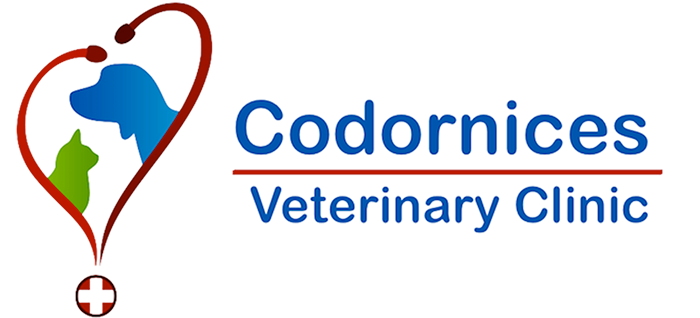Toxin-Proof Training: Teach Your Pet to Avoid Dangerous Substances
As pet caregivers, we are diligent in protecting our beloved animals from harm. However, despite our best efforts, everyday household items can pose serious health hazards to our furry companions. Pets, being naturally curious, may inadvertently ingest substances that could be toxic to them. In this blog, we’ll explore some of the most common toxins that pets may encounter and equip you with the knowledge to prevent accidental poisonings.
Human Medications: One of the primary causes of pet poisoning is the ingestion of human medications. Pets, especially dogs, might chew on pill bottles or consume pills that have been dropped on the floor. Painkillers, antidepressants, and blood pressure medications are particularly concerning. It’s crucial to store your medications out of reach and never administer any medication to your pet without consulting a veterinarian.
Toxic Foods: While many foods are safe for humans, they can be harmful to pets. Chocolate, grapes, raisins, onions, garlic, and xylitol (a sugar substitute found in some products) can all lead to serious health issues in animals. Ensure these foods are stored securely away from pets, and refrain from feeding them to your furry friends.
Household Cleaners: Cleaning products often contain chemicals that can be harmful to pets if ingested or inhaled. These substances can cause gastrointestinal upset, respiratory problems, and more. Always use cleaning products cautiously and store them in a secure location. Consider opting for pet-safe cleaners as a safer alternative.
Rodenticides and Insecticides: Products designed to eliminate rodents and insects can be lethal to pets if ingested. Exposure to these toxins can result in severe symptoms and even death. Exercise extreme caution when using these products and explore pet-friendly pest control methods.
Plants: Many common houseplants and garden plants can be toxic to pets. Examples include lilies, sago palms, and azaleas. Research the plants in your home and garden to ensure they are safe for your pets. If uncertain, it’s best to keep potentially dangerous plants out of reach or avoid them altogether.
Antifreeze: Ethylene glycol, commonly found in antifreeze, has a sweet taste that may attract pets. Even a small amount can lead to rapid kidney failure and death, particularly in cats. Clean up spills promptly and store antifreeze in tightly sealed containers out of pets’ reach.
Alcohol and Recreational Drugs: Consumption of alcohol and recreational drugs can have serious consequences for pets, including depression of the central nervous system, breathing difficulties, tremors, and even coma or death. Ensure these substances are never accessible to your pets.
Our pets depend on us for their safety and well-being. By familiarizing ourselves with common toxins that pose a threat to them, we can create a safer environment for our furry family members. If you suspect your pet has ingested a toxic substance, it’s crucial to act swiftly. Contact your veterinarian or the nearest animal hospital immediately for assistance. Remember, it’s always better to err on the side of caution when it comes to your pets’ health. Keep the contact information for your local vet and an emergency animal hospital handy, and consider saving the number for the Animal Poison Control Center. Your vigilance could save your pet’s life.
